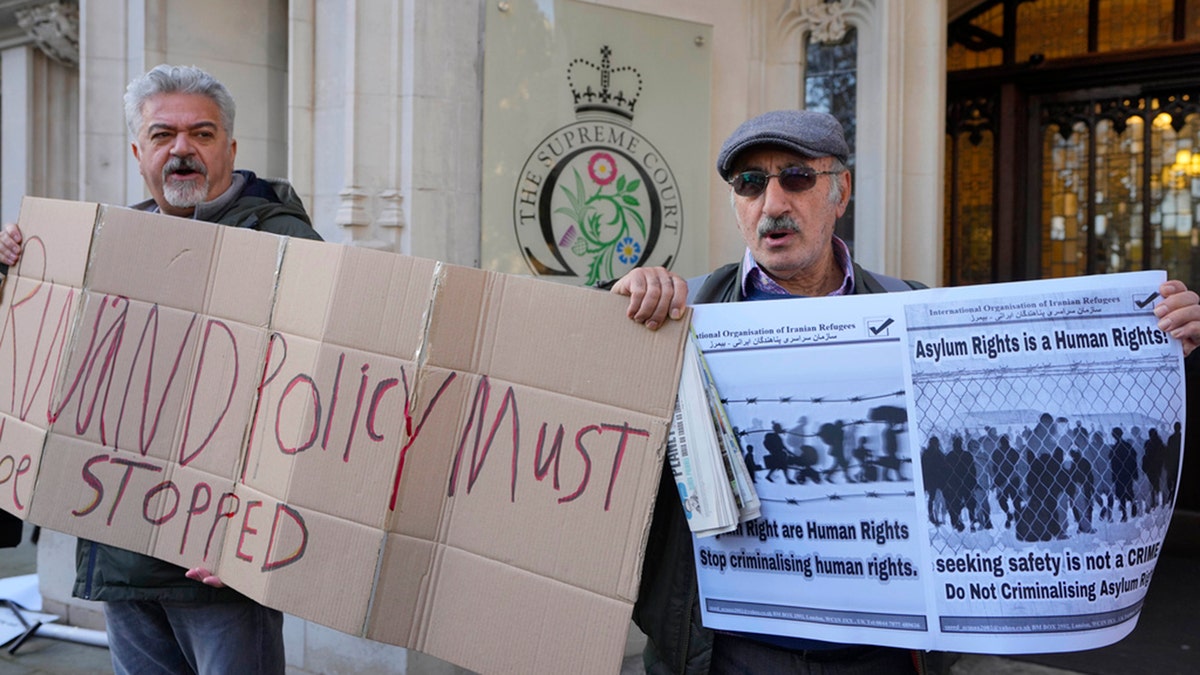Pretoria High Court upholds Zambia's authority over former president's funeral
A South African court has rejected the Lungu family's bid to appeal an August ruling that the Zambian state has the right to take custody of the late former president Edgar Lungu's remains and conduct a state burial in Zambia. Lungu, who died at 68 in a Johannesburg hospital in June, will now be repatriated after the Pretoria High Court found no realistic prospects of success on appeal.
Sovereignty, protocol, and a fact-specific case
The court reiterated that Zambia, as the home state, holds the prerogative to determine funeral protocol for a former head of state. In denying leave to appeal, the judges said the matter turned on narrow facts and offered no compelling grounds for a higher court to revisit, signaling deference to state authority in matters of national protocol.
Rivalry casts a long shadow
The family's push to keep the burial in South Africa, and to bar President Hakainde Hichilema from the ceremony, reflects a deep political feud. Lungu and Hichilema were adversaries whose clash saw Hichilema imprisoned in 2017 under Lungu's presidency. Last year, Lungu accused the current government of harassment and of initially blocking his medical travel, claims the administration denied. The ruling removes the family as a veto player and restores formal state control over a high-stakes moment.
Regional signal on cross-border state obligations
For governments across southern Africa, the judgment underscores that cross-border medical care does not nullify a state's obligations to its leaders, living or deceased. It favors clear lines of authority, reduces space for ad hoc arrangements driven by political animus, and supports predictable security planning around state funerals.
Next steps
With leave to appeal denied, authorities in Lusaka are positioned to take custody and proceed with a state funeral timetable. The tone of the court's order suggests little room for further litigation, easing a volatile dispute and reinforcing a principle that stable institutions, not personal grudges, should guide national rites.




